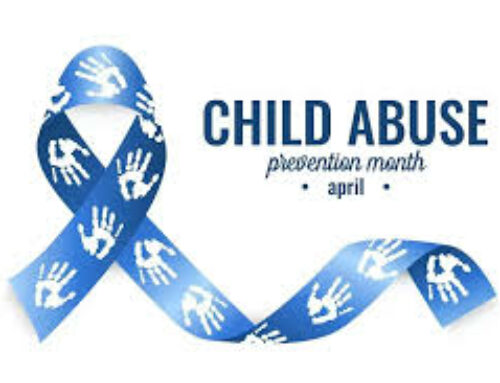Pet owners need to make their animal friends are not terrified by July 4th fireworks

Photo courtesy Fireworkcityonline.com
The Fourth of July for most Morgan Hill residents is a time for barbecues, pool parties and firework shows. But for many of our pets, the holiday is full of fear and anxiety. The loud pops and flashes of lights in the sky are overwhelming and seem to come out of nowhere. Many pets will try anything to get away from it while others will cower in fear in a corner or under a table. More pets go missing on the Fourth of July than any other time of the year. Of those that are able to escape, some will be found, while others will remain lost, end up in shelters or worse yet, be fatally wounded by cars.
But the Fourth does not have to be this way for our pets. There are some steps you can take to help ease your pet’s mind during the festivities and keep them safe and comfortable.
Keep them indoors
Keeping your pet locked indoors is the simplest way to keep them safe. Pets who are not accustomed to being indoors may do better locked in a small room or crate. Keep your dog in a place that is comfortable, such as their crate or a bedroom. Cats may do best in a quiet, dark room with their favorite bed.
Stay home
If possible, stay at home with your pet. Having a familiar face around is very comforting to a scared pet and sometimes your company alone is enough to keep your pet comfortable. It will also allow you to observe their behavior, make modifications and adjust plans for the following year if necessary.
Check collars & tags
A scared cat or dog can quickly escape through a crack in the door and end up on the streets. If they are recovered, make sure there is a way to contact you. Make sure that your pet is wearing a collar with clear identification and contact numbers. A frightened animal may be able to slip out of a collar, so a microchip is a good way to provide permanent identification. Verify the contact numbers on the tags and microchip contact data are current. Most pets who escape and are not wearing identification will not make it home.
Emergency file
Keep easily accessible records of local contact numbers for shelters and animal control in case your pet goes missing. Also keep on file a current photo of your pet and the microchip number if he has one.
Sedatives
If your pet has a known history of firework anxiety, contact your veterinarian. It is very common for sedatives to be used prior to and during fireworks to ease anxiety and help keep pets safe and comfortable. Make sure you contact your veterinarian in advance, as an examination may be required to determine which sedative would be the safest and most effective. Also keep in mind that pharmacies may not be open on the Fourth. Have your veterinarian make sedative recommendations and if they cannot provide you with the medication, make sure you pick it up well in advance of the holiday. Sedatives work well for many dogs, but typically need to be started prior to any stimuli in order to work. Once the dog becomes anxious, the ability of the drugs to ease that anxiety can be very limited. You should also consider staying at home with your pet if they need sedation in order to monitor them for any adverse effects related to the sedatives.
Dr. Jeanne Haggerty-Arcay received her undergraduate degrees in biology, biochemistry and Spanish from the College of Notre Dame, Belmont. She graduated from U.C. Davis School of Veterinary Medicine. She enjoys spending time with her husband and three young children.







